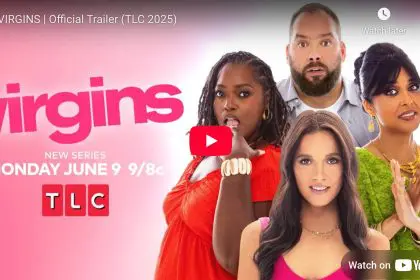Ceaser Emanuel, the former star of VH1’s popular reality series “Black Ink Crew” faces accusations from former employee Venus Cuffs of withholding over $114,000 in wages from her work at his renowned tattoo studio. The incident has sparked concerns about worker compensation practices in the entertainment and service industries.
A pattern of concerning behavior
Emanuel’s reputation came under fire after his removal from the show in 2022 following the release of controversial footage. Despite losing his on-screen role, he maintained his position as a producer until the series concluded the following year.
Cuffs filed a formal complaint with the New York Department of Labor after dedicating significant time and effort to the studio’s operations. She described being promised career advancement opportunities, including potential management positions — none of which materialized.
Legal proceedings and ongoing investigation
After reviewing the case, the New York Labor Department ruled in favor of Cuffs in January 2021, ordering Emanuel to pay the full amount. However, collection efforts have proven challenging, with reports suggesting the business entities may have been restructured or dissolved.
The Shade Room‘s Justin Carter has uncovered potential additional labor law violations connected to Emanuel’s business practices. This development raises questions about possible systemic issues within the operation.
Industry implications
This situation highlights persistent challenges within creative and service-based businesses, where informal work arrangements and promised opportunities can leave employees vulnerable. The case demonstrates the importance of formal employment agreements and proper wage documentation.
The dispute also reveals how reality TV fame and social media influence may not translate to sound business practices. As entertainment personalities expand into entrepreneurship, their business decisions face increased scrutiny from both authorities and the public.
Moving forward
The resolution of this case could establish important precedents for similar disputes in the entertainment and service sectors. It emphasizes the need for clear employment terms, proper compensation practices and accountability from business owners regardless of their public profile.
As investigations continue, the situation serves as a reminder that success in entertainment does not exempt anyone from labor laws and worker protections. The outcome may influence how similar cases are handled in the future, particularly within creative industries where informal work arrangements are common.
The case also demonstrates the importance of employees understanding their rights and the proper channels for addressing wage disputes. By taking formal action through the Department of Labor, workers can protect themselves and potentially prevent similar situations from affecting others in the future.














